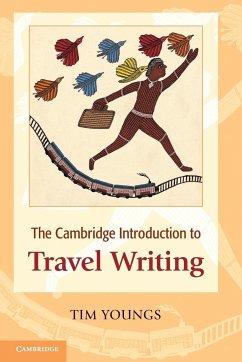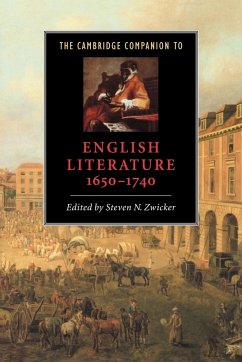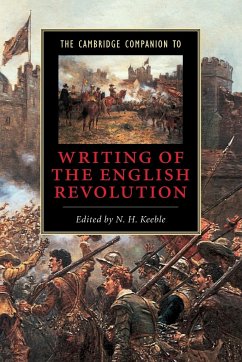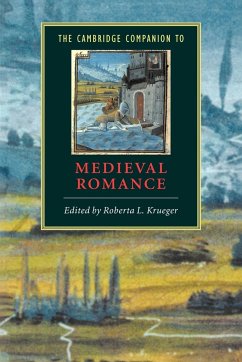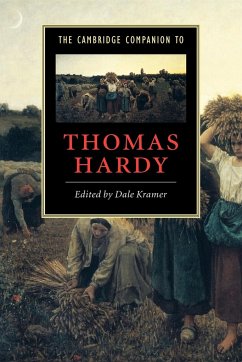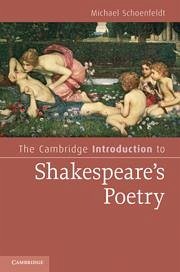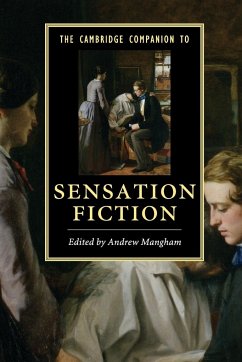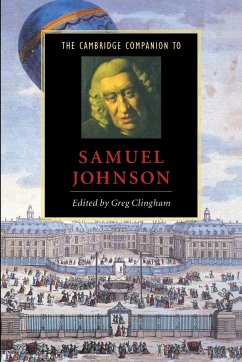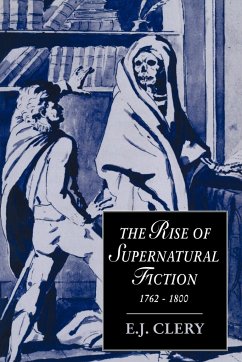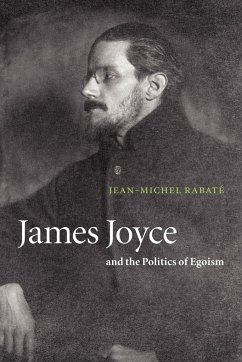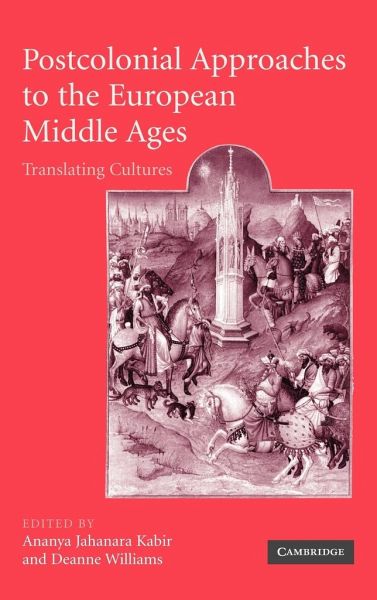
Postcolonial Approaches to the European Middle Ages
Translating Cultures
Herausgeber: Kabir, Ananya Jahanara; Williams, Deanne
Versandkostenfrei!
Versandfertig in 1-2 Wochen
109,99 €
inkl. MwSt.

PAYBACK Punkte
55 °P sammeln!
This collection of original essays is dedicated to exploring the intersections between medieval and postcolonial studies. Ranging across a variety of academic disciplines, from art history to cartography, and from Anglo-Saxon to Hispanic studies, this volume highlights the connections between medieval and postcolonial studies through the exploration of a theme common to both areas of study: translation as a mechanism of and metaphor for cultures in contact, confrontation and competition. Drawing upon the widespread medieval trope of the translation of empire and culture, this collection engage...
This collection of original essays is dedicated to exploring the intersections between medieval and postcolonial studies. Ranging across a variety of academic disciplines, from art history to cartography, and from Anglo-Saxon to Hispanic studies, this volume highlights the connections between medieval and postcolonial studies through the exploration of a theme common to both areas of study: translation as a mechanism of and metaphor for cultures in contact, confrontation and competition. Drawing upon the widespread medieval trope of the translation of empire and culture, this collection engages the concept of translation from its most narrow, lexicographic sense, to the broader applications of its literal meaning, to carry across. It carries the multilingual, multicultural realities of medieval studies to postcolonial analyses of the coercive and subversive powers of cultural translation, offering a set of case studies of translation as the transfer of language, culture and power.





